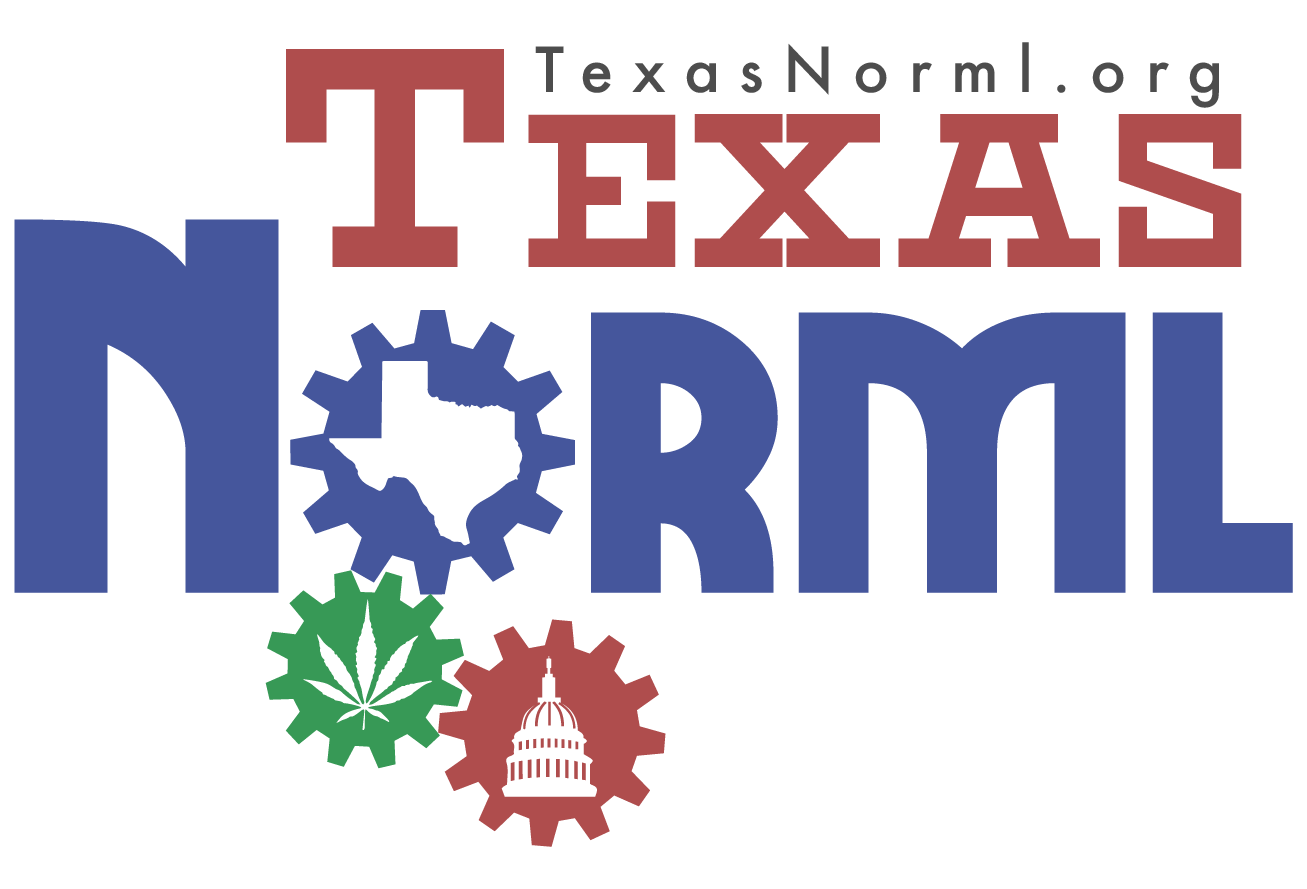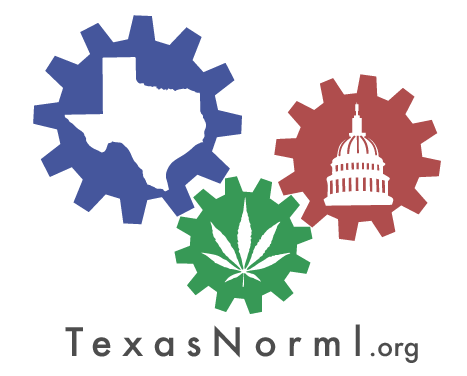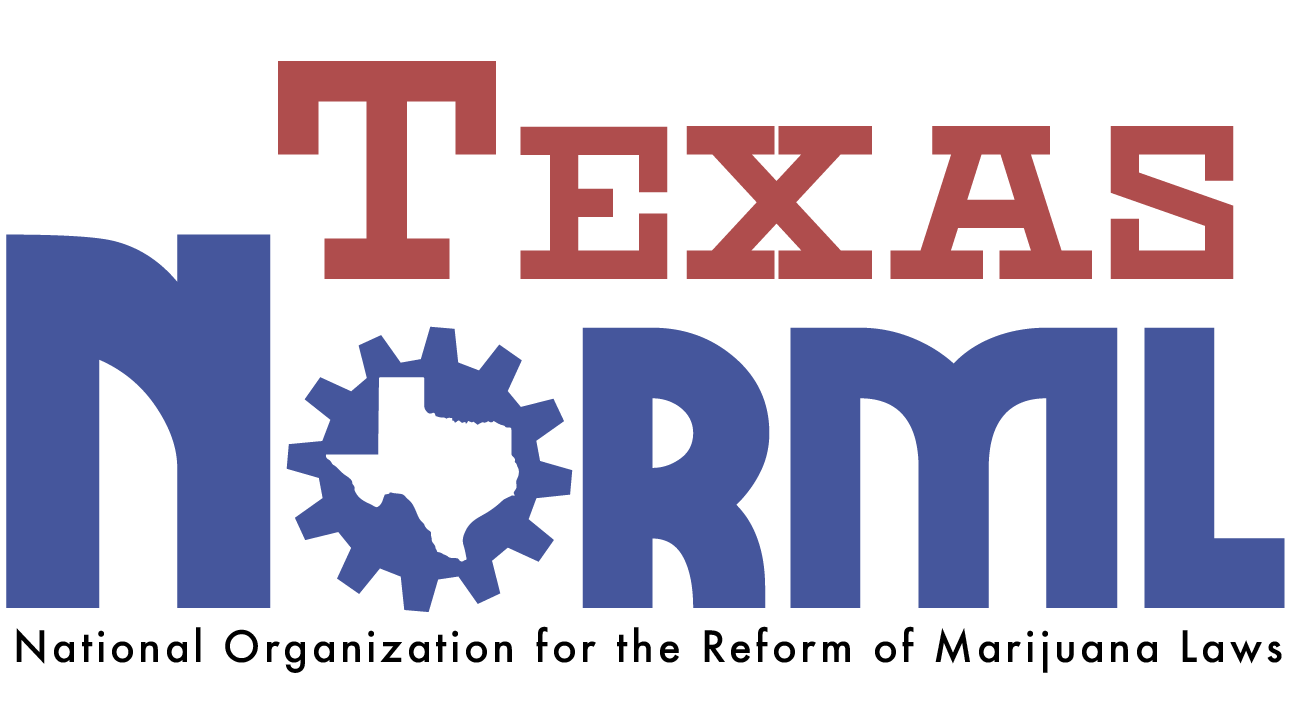March 15th, 2010 By: Paul Armentano, NORML Deputy Director
To the surprise of virtually no one who has been following public opinion polls for the past 18 months, the call to “legalize the medicinal and recreational use of marijuana” placed #1 in the 2010 Change.org online vote for the “Top 10 Ideas for Change in America.”
Open voting at the Change.org website took place for six weeks — during which time citizens voted nearly 210,000 times on over 2,500 different ideas. This morning the website released the top 10 results here: http://www.change.org/ideas.
Legalization’s first place victory was expected. After all, the issue topped a similar Change.org poll last year. Legalizing marijuana also finished #1 in the White House’s first ever Change.gov poll; it finished #1 in Barack Obama’s first-ever online Town Hall vote; and it finished #1 in the White House’s 2009 ‘Citizens Briefing Book.’
Yet despite these consistent first-place finishes, the administration and the mainstream media remain dismissive. President Obama has twice publicly retreated from the issue — the second time chuckling that such a question would even be asked of him. His press secretary discounted the issue’s true public support, claiming that groups like NORML had somehow stuffed the online ballot box. As if! Meanwhile, mainstream media outlets brushed off the results as the work of “Internet trolls.”
Trolls, huh? How do ‘trolls’ explain the consistent victories racked up by marijuana law reformers at the polls year after year? And how do trolls explain the rising public opinion poll numbers that now show that over 80 percent of the public supports legalizing medical marijuana, and a solid majority also backs legalization for all adults.
Will today’s latest poll results finally be the time that President Obama, his press secretary, stuttering Robert Gibbs, Drug Czar Gil ‘legalization isn’t in my vocabulary‘ Kerlikowske, and the members of the mainstream press start to heed the public’s message that marijuana legalization is not a political liability, but rather it is a political opportunity?
Probably not.
But that doesn’t mean that we’re not going to stop telling them that it is.


